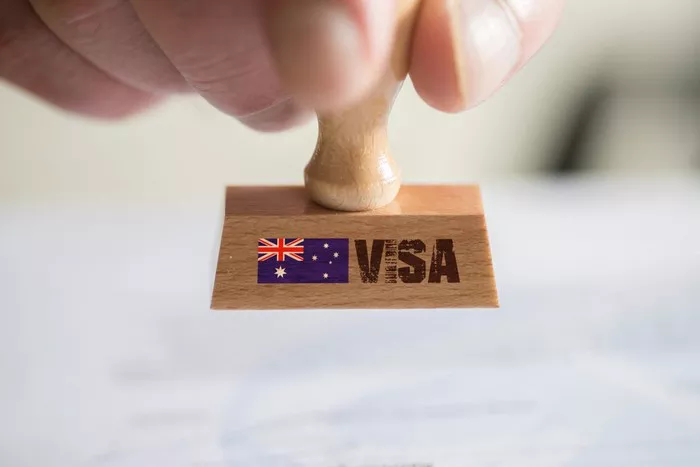Numerous reports indicate that the Australian government is poised to raise international student visa fees from the current $710, effective next month.
While official confirmation on the exact fee hike remains pending, the government has stated it is “considering all options” to uphold integrity in international education.
The non-aligned think tank, the Grattan Institute, has proposed raising the visa fee to $2,500 per visa, aiming to allocate additional funds for Commonwealth Rent Assistance for Australian citizens.
According to the Melbourne-based organization, the influx of international students has contributed to rising rents, thereby disadvantaging local youth due to limited housing supply.
The Grattan Institute has also advocated for reductions in the duration of post-study work visas and an increase in English language requirements for temporary graduate visa holders—measures already implemented by the government.
Stakeholders maintain that while international students amplify housing demand, underlying issues such as high interest rates impacting construction supply remain significant contributors to housing shortages.
Recent reports from the Australian Financial Review suggest that the fee increase may not reach the $2,500 proposed by the Grattan Institute. Phil Honeywood, from the International Education Association of Australia (IEAA), cautioned that any hike above the Consumer Prices Index could render Australia “globally uncompetitive”.
Critics argue that a substantial fee hike would disproportionately affect students, particularly those facing visa rejections, as the fee is non-refundable.
Drawing parallels, the UK’s recent visa fee rises aimed at funding public sector pay increases have faced criticism for exploiting international students.
While speculation mounts regarding the extent of the fee increase, stakeholders emphasize the potential deterrent effect on students, limiting education providers’ access to key markets.
Industry leaders, including Troy Williams of the Independent Tertiary Education Council Australia (ITECA), perceive a fee hike as consistent with the government’s aim to shrink the international education sector—a move criticized for its adverse impact on cultural diversity and societal enrichment.
Data from English Australia reveals a decline in visa grant rates for various education sectors, with some experiencing record lows, attributing it to the government’s visa processing approach.
The dwindling share prices of education providers like NextEd and IDP Education underscore industry challenges exacerbated by visa uncertainties.
Analysts warn of a looming pricing war in sectors like ELICOS and VET amidst increasing English requirements and visa fees.
Calls for coherence between Australia’s international education and migration strategies intensify, amid concerns of potential enrollment caps in the future.
While assurances have been made regarding the absence of enrollment caps in the upcoming budget, discussions on the matter loom on the horizon.
Critics caution that measures impeding international student enrollment could jeopardize the livelihoods of Australian educators dedicated to delivering quality education outcomes.


